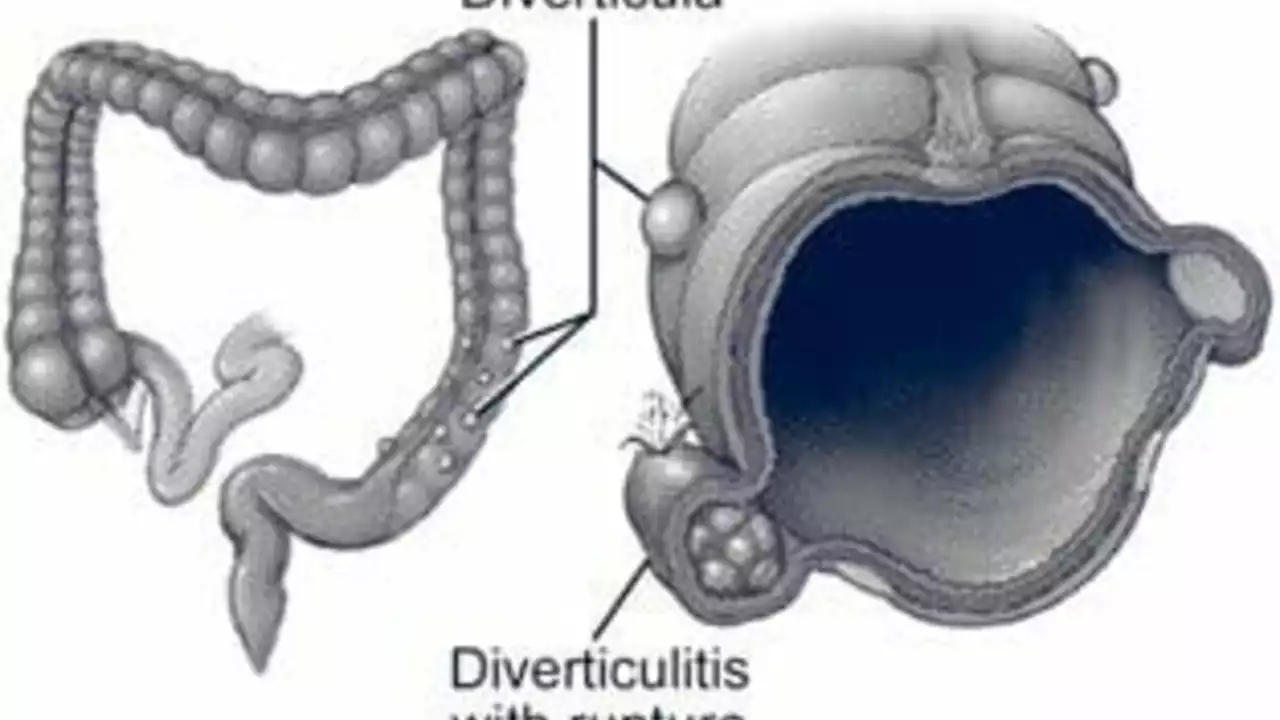Coping with Diverticulitis: Practical Tips to Feel Better Fast
About half of people over 60 have small pouches (diverticula) in the colon. When one of those pouches gets inflamed or infected, that’s diverticulitis — and it can hurt, surprise you, and mess with plans. You don’t need medical jargon right now; you need clear steps you can use during a flare and habits that cut down future attacks.
What to do during a flare
First, listen to your body. If you have severe belly pain, fever, repeated vomiting, or bright blood in stool, get medical help right away. For mild to moderate flares you can try these basics while you contact your doctor:
- Rest and avoid heavy activity. Your body needs energy to heal.
- Follow a short-term low-residue plan. Doctors often recommend clear fluids or bland, low-fiber foods for a day or two to give the colon a break. Once pain eases, slowly reintroduce soft, low-fiber foods before returning to regular meals.
- Use pain relief smartly. Paracetamol (acetaminophen) is usually a safer first choice; avoid regular NSAIDs unless your doctor says otherwise because they can sometimes make problems worse.
- Stay hydrated. Drink plain water and clear broths — dehydration makes constipation and pain worse.
- Follow your doctor’s instructions on antibiotics or other meds. Not every case needs antibiotics, but your clinician will decide based on symptoms, exam, and tests.
Daily habits that lower future flare risk
Once you’re recovering, shift focus to habits that reduce recurrence. Small changes add up:
- Increase fiber slowly. Aim for a mix of soluble and insoluble fiber: oats, beans, peas, apples, berries, and whole grains. Add fiber over weeks to avoid gas and bloating.
- Drink more fluids. Fiber works best when you’re well hydrated. Target water throughout the day, not all at once.
- Move regularly. Moderate exercise — walking, cycling, swimming — helps bowel habits and lowers inflammation risk. Start with 20–30 minutes most days.
- Manage weight and smoking. Losing excess weight and quitting smoking both lower the chance of future attacks.
- Use stool softeners only as needed and after a chat with your provider. They can reduce straining, which helps the colon heal.
- Consider probiotics if they help you, but talk to your clinician first. Some people notice fewer symptoms; the evidence isn’t clear for everyone.
Want quick wins? Add one fiber-rich food this week, drink an extra glass of water daily, and take a 15-minute walk after dinner. If symptoms change or don’t improve after a few days, call your doctor. With smart short-term steps and steady long-term habits, most people reduce flare frequency and get back to life faster.
Alright folks, tackling Diverticulitis at work may seem like a daunting task, but hey, we've got this! First things first, keep those healthy snacks close at hand and don't skip meals - your tummy will thank you. Remember, hydration is key, so keep that water bottle filled and make frequent pit stops at the water cooler. Take short breaks to stretch and move about, because trust me, your gut loves a good walk! And finally, don't be shy about discussing your needs with your boss or HR - it's not like you're asking for a throne made of donuts!

